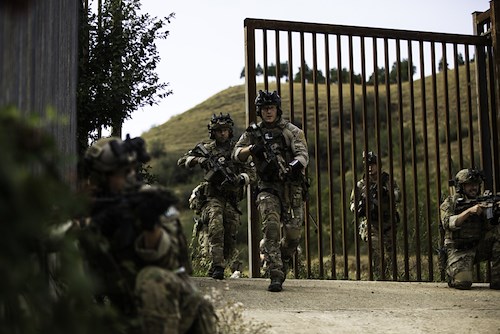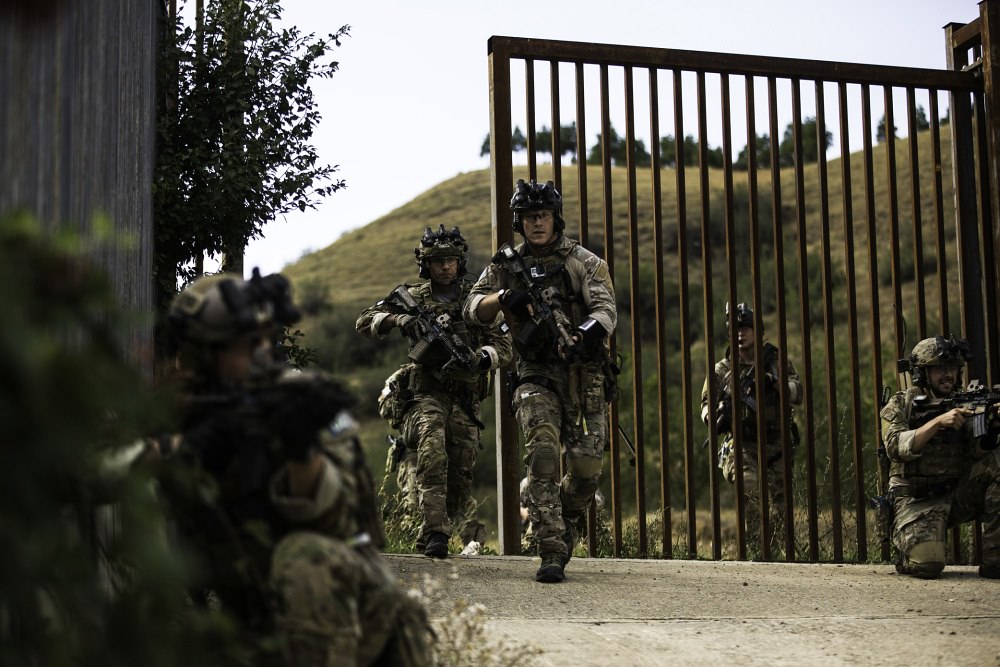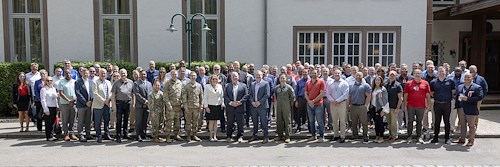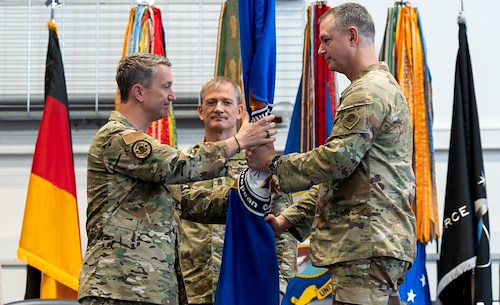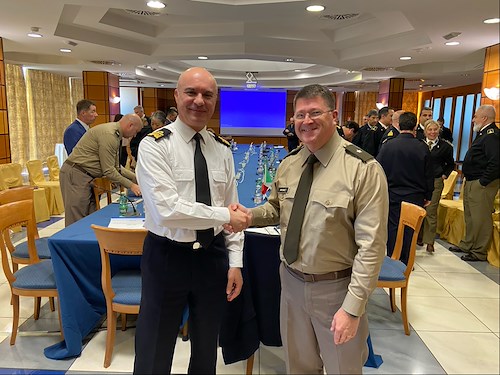Gallery contains 1 image
×
Photo 1 of 1
Jackal Stone 2016 strengthens ties in Georgia
U.S. special operations Soldiers head toward their objective during Jackal Stone 2016 in Tblisi, Georgia, Aug. 15, 2016. Jackal Stone 2016 is a bilateral Georgian, U.S. counter terrorism and crisis management exercise. (U.S. Army photo by: Staff Sgt. Marcus Fichtl)
Photo by: Staff Sgt. Marcus Fichtl
TBLISI, Georgia – U.S. special forces Soldiers and forces from the State Security Services of Georgia participated in exercise Jackal Stone 2016, here during the first two weeks of August.
The exercise was designed to stress and build interoperability between U.S. and Georgian counter terrorism forces and interagency partners while providing mission command nodes the opportunity to exercise their systems. The exercise challenged the participants with counter terrorism scenarios at both the tactical and operational level throughout the country of Georgia.
“This is an exercise that is simulating our response to a terrorist case in a foreign country,” said Nicholas Berliner, chargé d'affaires, U.S. Embassy in Georgia. “The exercise enhances our ability to respond jointly to international security challenges.”
Special operations forces under Special Operations Command Europe and mission command elements of U.S. European Command along with their Georgian counterparts were the primary participants in Jackal Stone 16. They worked together on the ground through field mis-sions and at the operational and strategic level via computer simulation.
“The Georgian forces, their planners, their commanders and their Soldiers have shown nothing but trust and loyalty throughout the entire process,” said Maj. Ned Marsh, exercise planner, SOCEUR. “It has been an exercise of hard work and commitment.”
Jackal Stone 16 allowed Georgia to build up its own internal systems and capabilities.
“It was very important to see how the U.S. agencies cooperated, how a order comes from the top and then is executed at the lowest level” said Irakli Chimakadze, director Georgian Counter Terrorism Center. “We will definitely emulate the U.S. planning and execution if a future crisis emerges.”
A culmination of a year’s worth of hard work and even more years of American and Georgian friendship, Jackal Stone strengthened the ties and capabilities of both partner nations.
“Jackal Stone 2016 was a year in planning, it involved hundreds of people and a very substantial commitment of both time and resources, but we feel it was a very good choice to do it here in Georgia and feel confident that this will be very beneficial to all concerned,” said Berliner.

